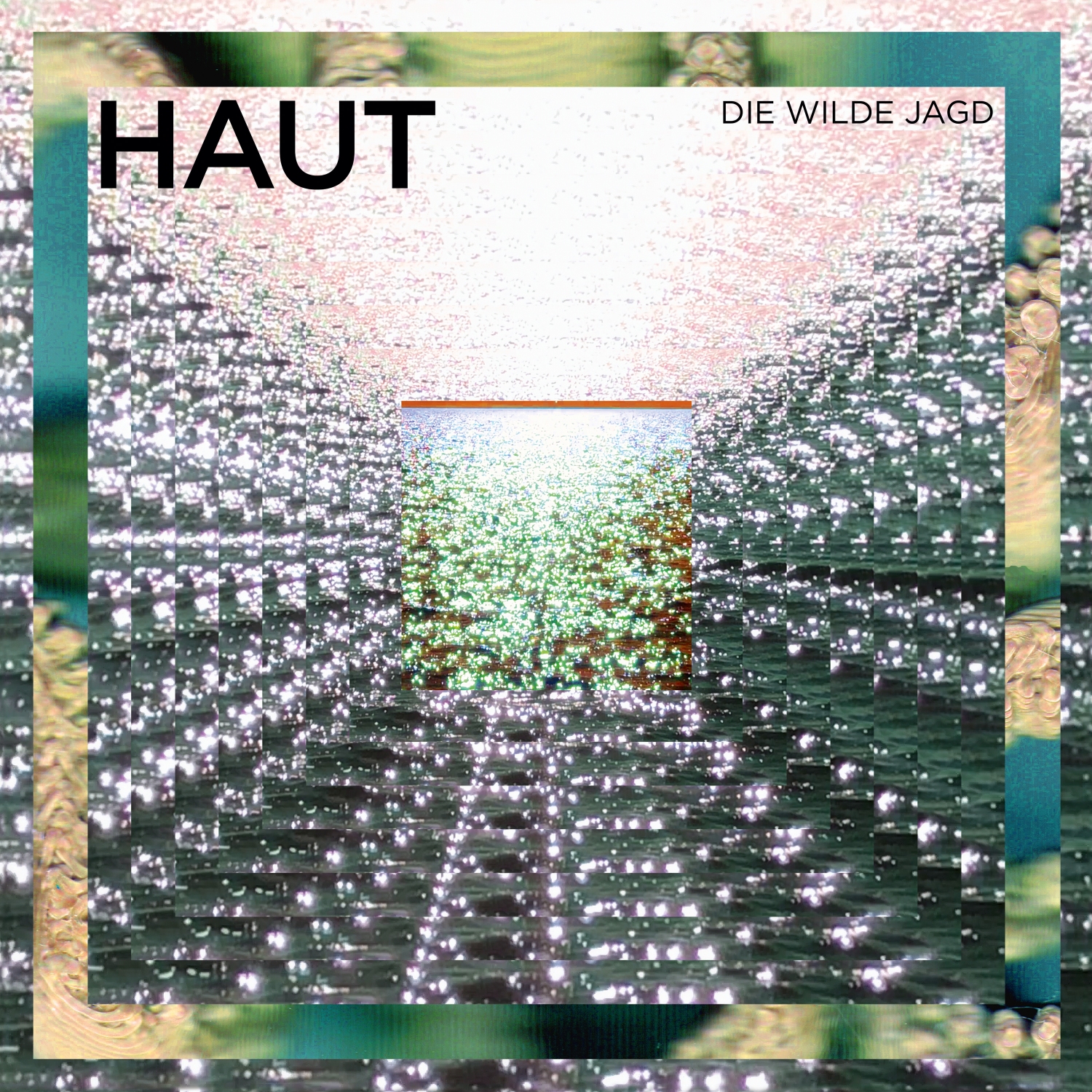Die Wilde Jagd is the music project of producer and songwriter Sebastian Lee Philipp. With the aid of his coproducer Ralf Beck and various guest musicians, he created a self-titled debut album in 2015 and a highly praised follow-up disc, Uhrwald Orange in 2018. The band’s third album Haut is scheduled for release on Bureau B.
Sebastian Lee Philipp wrote, produced and recorded Haut in the band’s own studio at the Rockhaus in Berlin. Ran Levari played drums – as he has done for Die Wilde Jagd Live shows since 2017. Ralf Beck again shares production and mixing duties in his Düsseldorf studio, Uhrwald Orange, the one which lent its name to the band’s second album. Artwork comes courtesy of Brazilian multidisciplinary artist Caroline Barrueco, whose prismatic illustrations impressively encapsulate Die Wilde Jagd’s sonic voyages.
‘Ich war’s’ sagt die Eule. (‘It was I’, said the owl.)
‘Ich war’s’ sagt der Wind. (‘It was I’, said the wind.)
‘Ich war’s’ sagt der Räuber. (‘It was I’, said the robber.)
‘Ich war’s’ sagt der Prinz. (‘It was I’, said the prince.)
These are the words which lead us into Die Wilde Jagd’s latest journey. Ethereal voices, low murmurs and distant noises from a world slowly emerging from slumbers meet the listener in an intermediate dimension of memory and premonition, from whence Uhrwald Orange, the previous album, came in 2018. Tracing a path along the border between the inner and outer, the physical and the soul, this new work – ‘Haut’ (German for ‘skin’) – is framed by four titles which evoke the concept of rebirth known as palingenesis.
A birth into a different world begins with the first track, ‘Empfang’, a constant departure which progresses into hypnotic rhythm before ultimately flowing into ‘Himmelfahrten’. The first Die Wilde Jagd duet with guest vocalist Nina Siegler blossoms into a ritualistic canon celebrating memory and togetherness, the urge to leave one’s own body versus the trepidation at setting out on the imminent journey. A sense of “I don’t want to go on my own” anticipates the song’s final section which announces the inevitable farewell.
‘Gondel’ is a pulsating, repetitive mantra to mark the crossing to the other side. From the distant, faint knocking discernible at the outset of the album, the gateway to the other world is now well and truly being hammered upon as its door finally opens in ‘Sankt Damin’. Fear mixes with Kriegeslust, a resolute desire to experience this new existence. And so the album ends as it began in a state of rapture.
Not for the faint hearted this is an intense undertaking, an exploration of sound that leaves the listener changed; for good or bad remains to be seen…














No Comment